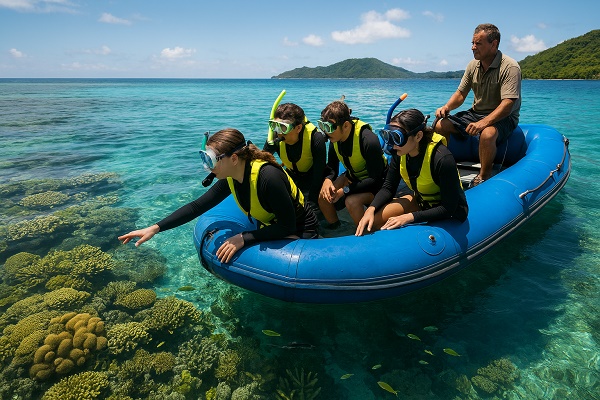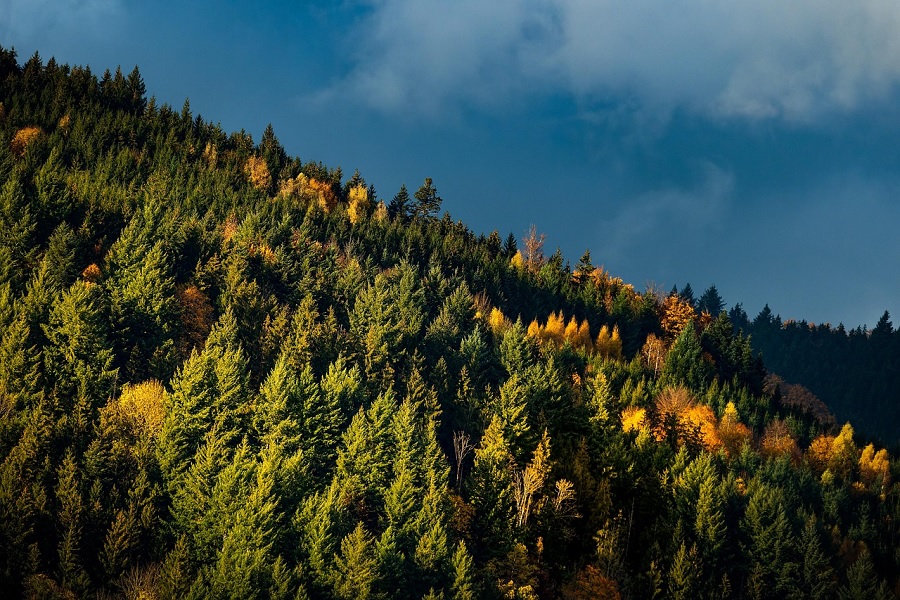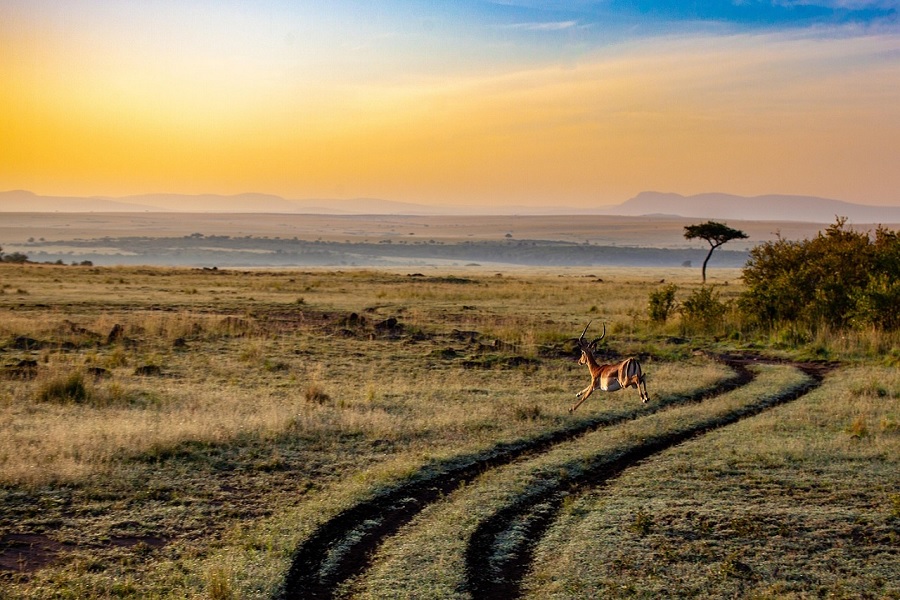Ecotourism: Traveling Sustainably, Experiencing Deeply

What Is Ecotourism?
Ecotourism is a form of responsible travel that focuses on exploring natural environments while conserving ecosystems and supporting local communities. It emphasizes low-impact experiences, environmental education, and cultural respect — making it one of the most ethical and enriching ways to travel.
Global Growth and Market Trends
The global ecotourism market is booming. In 2023, it was valued at USD 235.54 billion, and it's projected to reach USD 665.20 billion by 2030, growing at a CAGR of 16%. This growth is fueled by rising interest in immersive outdoor experiences, sustainability, and solo travel.
Europe held the largest revenue share in 2021.
Asia-Pacific is expected to grow fastest, with a CAGR of 16%.
Land-based ecotourism (e.g., hiking, wildlife safaris) accounts for nearly 70% of the market.
Core Principles of Ecotourism
Minimize environmental impact
Build environmental and cultural awareness
Provide direct financial benefits for conservation
Empower local communities
Deliver positive experiences for both visitors and hosts
Popular Ecotourism Destinations
Costa Rica: Rainforest lodges, wildlife tours, and sustainable coffee farms.
Kerala, India: Backwater cruises, spice plantations, and eco-villages.
New Zealand: Glacier hikes, Maori cultural tours, and marine reserves.
Bhutan: High-value, low-impact tourism with deep cultural immersion.
Types of Ecotourists
Nature & Wildlife Seekers: Focused on biodiversity and conservation.
Adventure Travelers: Hiking, kayaking, and exploring remote areas.
Agro-tourists: Visiting farms, learning sustainable agriculture.
Cultural Explorers: Engaging with indigenous communities and traditions.
Challenges and Considerations
Greenwashing: Not all “eco” labels are genuine — travelers must research carefully.
Overtourism: Even nature-based travel can strain fragile ecosystems.
Accessibility: Remote eco-destinations may be costly or hard to reach.
Conclusion
Ecotourism is more than a trend — it’s a movement toward mindful travel. It invites us to explore the planet with humility, curiosity, and care. Whether you're trekking through rainforests or learning from local artisans, ecotourism offers a chance to connect deeply with the world — and leave it better than you found it.
























